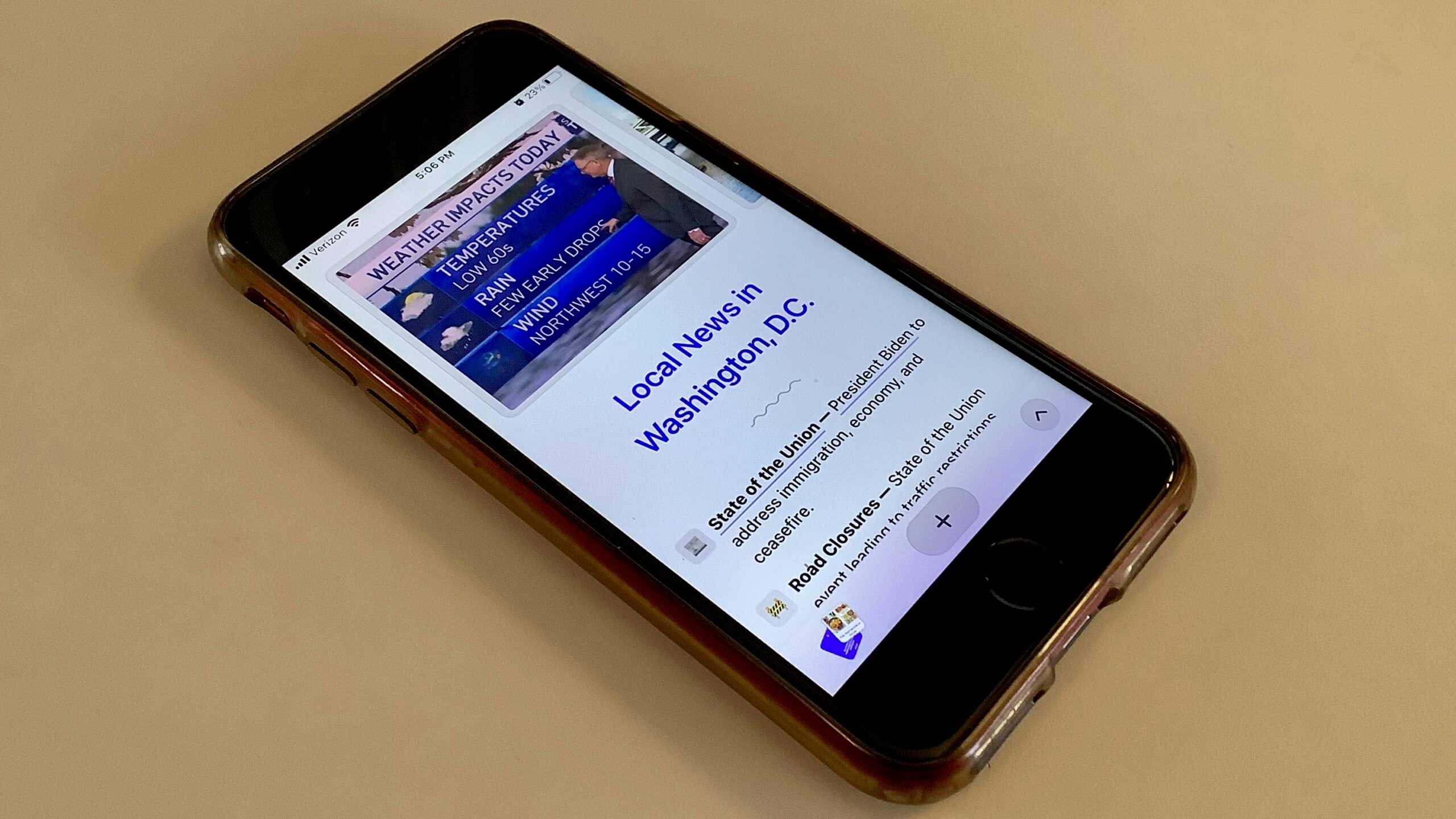Output: Open-source Bach, eyes on Venus, videos from Louisville pubradio, and more

Kimiko Ishizaka
A new project that applies an open-source ethic to classical music will let public radio listeners in Wisconsin experience Bach in a new way.
On the afternoon of June 24, Wisconsin Public Radio will air a new recording of the great composer’s Goldberg Variations. The broadcast presentation wouldn’t be especially unusual, except that listeners who visit a special website, opengoldberg.wpr.org, will be able to view a score of the work as it plays. The score will advance in with the performance.
As pianist Kimiko Ishizaka navigates the piece’s twists and turns, the score’s measures will be highlighted in succession to keep the viewer in sync. The network says this has never been done before.
This particular recording of the Goldberg Variations does stand apart from others — it’s completely open source. Anyone can freely download, redistribute, remix and reuse it, even as accompaniment to their latest cat video on YouTube. Likewise, the score is available in a format that can be downloaded and modified.
The broadcast and recording stem from the Open Goldberg Project, a Kickstarter-backed effort led by Drupal programmer Robert Douglass. WPR became involved when Matthew Tift, a web developer for the network, met Douglass at a Drupal convention. Douglass was looking for a public radio station to present the open-source Goldberg Variations, and Tift “immediately saw the benefit of what he was doing,” he says.
Tift, a musicologist as well as an open-source enthusiast, had been keenly interested in combining the two worlds for some time. The project is especially appropriate for public radio, he says: “Introducing people to new music or new ways of interacting with music fits pretty well with public media.”
The Goldberg project uses a work that ranks among the better-known and most recorded pieces in the classical repertoire. As a commenter on the popular blog Boing Boing carped, with so many recordings of the Variations available, “it’s really hard to get excited about an ‘open source’ one.”
Tift says that while other open-source versions of the Variations are available, this one transcends them by virtue of the quality of the performance, recording and engineering. It has passed what may be the ultimate test: The music staff at WPR deems it broadcast-worthy.
Tift wants to try out other open-source music projects, and hopes that the broadcast and accompanying web presentation of the Goldberg Variations draw enough interest to help make his case. He imagines a live performance at which audience members could follow a score on iPads or watch it go by on a screen.
He’d also like WPR and other classical stations to support the creation of more open-source recordings and scores. Music schools and teachers could take advantage of these labors, which could save them from paying for expensive anthologies or violating copyright by distributing unauthorized copies to students.
“Public radio probably has the biggest audience of anyone, and the most well-suited, for a project like this,” he says. — Mike Janssen
A June 5 live webcast of the transit of Venus by three pubTV stations attracted more than 436,000 viewers from back home and as far away as Australia and Japan.
The stations — WPBT in Miami, Las Vegas PBS and KNPB in Reno — described it as an “astronomical success.”
Viewers chatted with Bill Dishong, series producer for WPBT’s Star Gazers, during the webcast, which traced Venus’s movement across the path of the sun, from 6 to 11 p.m. Eastern.
The webcast had been planned to originate from KNPB, but cloudy skies in in Reno blocked a clear view of the sky. With a last-minute call to Vegas PBS, they found another station to host. The video can be seen online at ustream.tv/star-gazers-eclipse.
The Miami and Reno stations previously collaborated in producing a webcast of a lunar eclipse in December 2011. When WPBT provided solo live coverage of a lunar eclipse in December 2010, it gained more than 1,000 new Facebook friends and raves from chat-room participants from as far away as Japan. — Dru Sefton
WGBH has launched WGBHArts.org, a new site highlighting local music and arts through original video, reviews, previews and commentary.
The Boston station’s Emmy-winning arts reporter Jared Bowen edits the site, which went live on June 1. It features posts from bloggers covering the arts throughout New England including Bridgit Brown, a journalist, poet, and Fulbright scholar; Stacy Buchanan, a social media strategist who writes on film and music; Brian McCreath, host of Classical New England; Mary Tinti, a Koch Curatorial fellow at the deCordova Museum; and Kris Wilton, a freelance writer for Art New England.
In the “Go Straight to the Art” section, arts organizations in Massachusetts may share information and photos about their events. There’s also a calendar widget with up-to-the-minute listings. — D.S.
Salon.com will showcase videos from The Weekly Feed, a rock and indie music show produced at WFPK-FM in Louisville, Ky.
The videos will be featured on Salon Studio, a new video platform launched by the longtime webzine. Host Kyle Meredith and his team shoot interviews with musicians at concert venues and festivals around the country, such as South by Southwest, Bonnaroo and Lollapalooza. Guests have included Mumford & Sons, Iron and Wine, and the Walkmen. The videos are also online at youtube.com/user/theweeklyfeed. — M.J.








